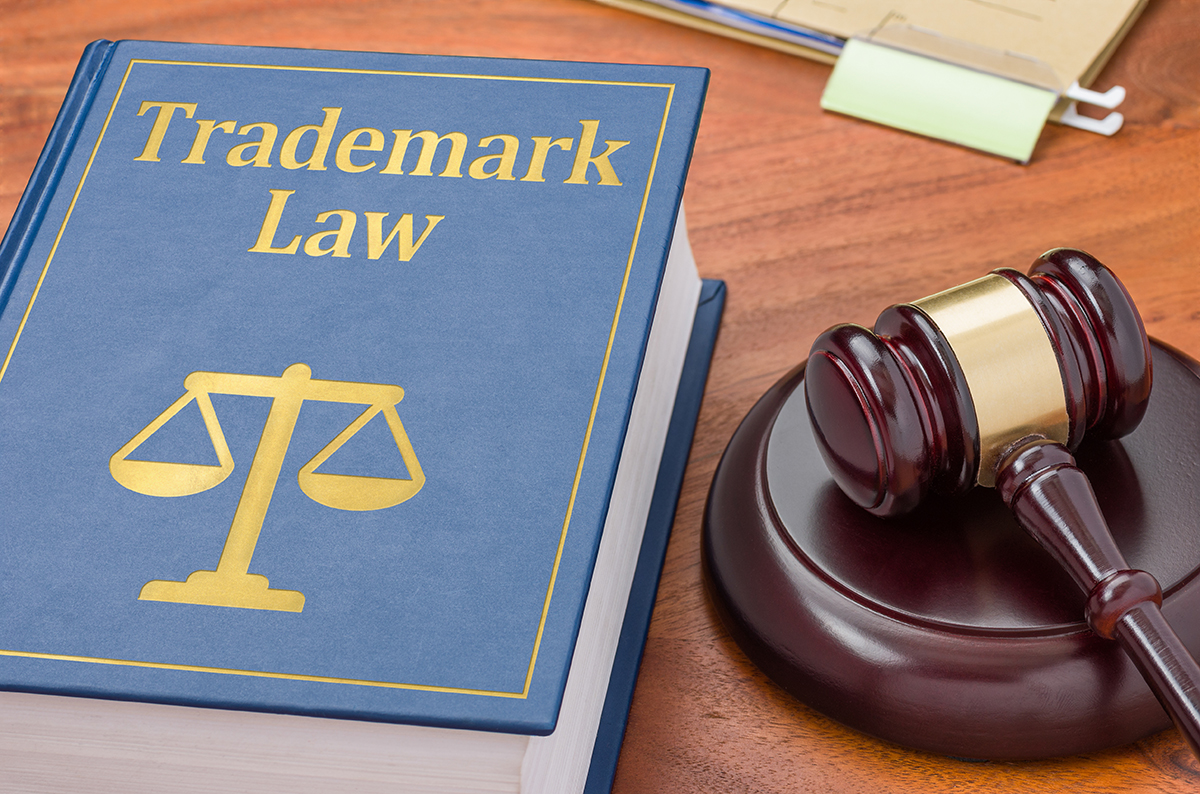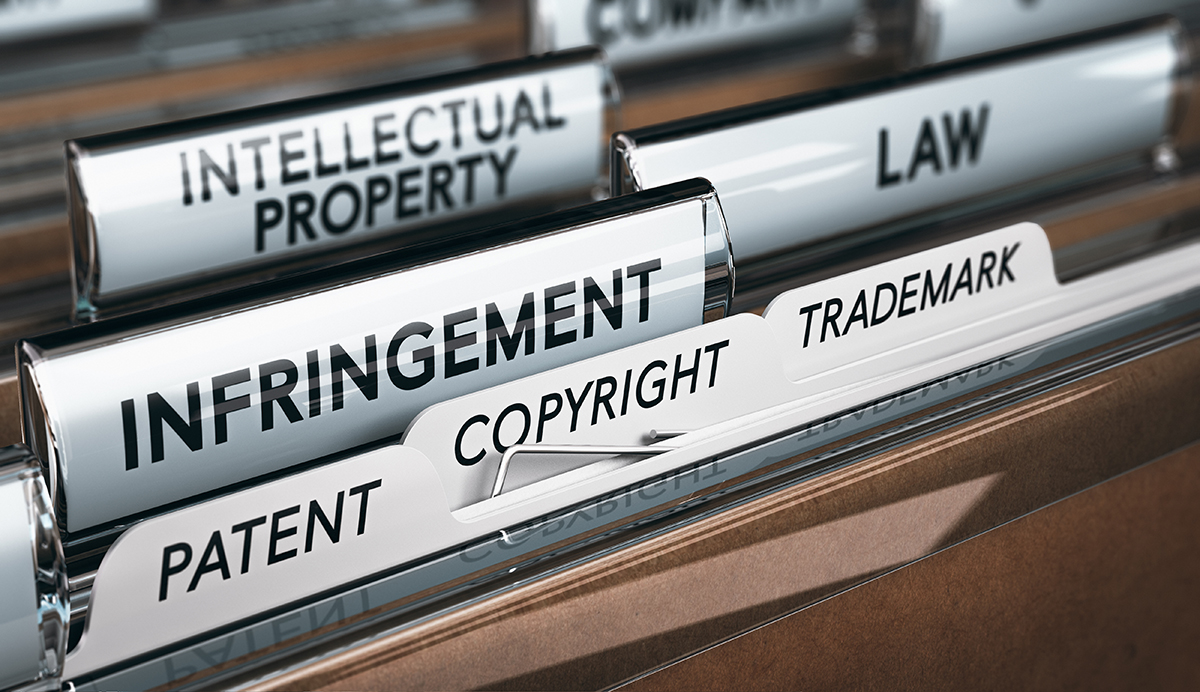Should You Hire an Attorney to Register Your Trademark?
If you’re seeking to trademark intellectual property for your company or brand, whether it’s a product name, a logo, or a slogan, you may be tempted to do it yourself. And provided you live in the U.S., you’re eligible to do so without the help of an attorney. But going it alone isn’t always a …
Continue reading “Should You Hire an Attorney to Register Your Trademark?”




